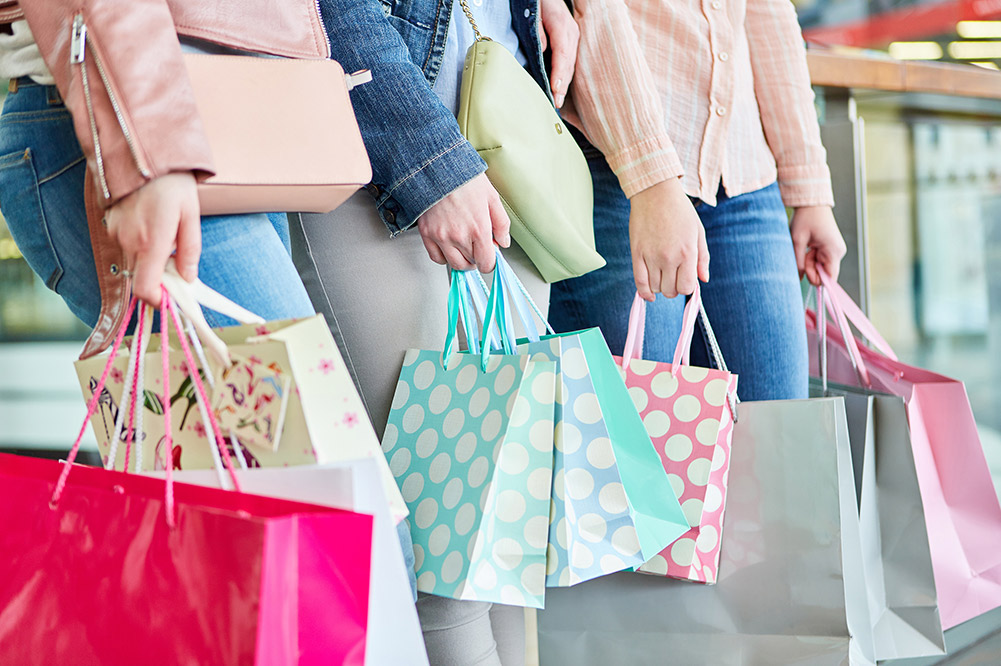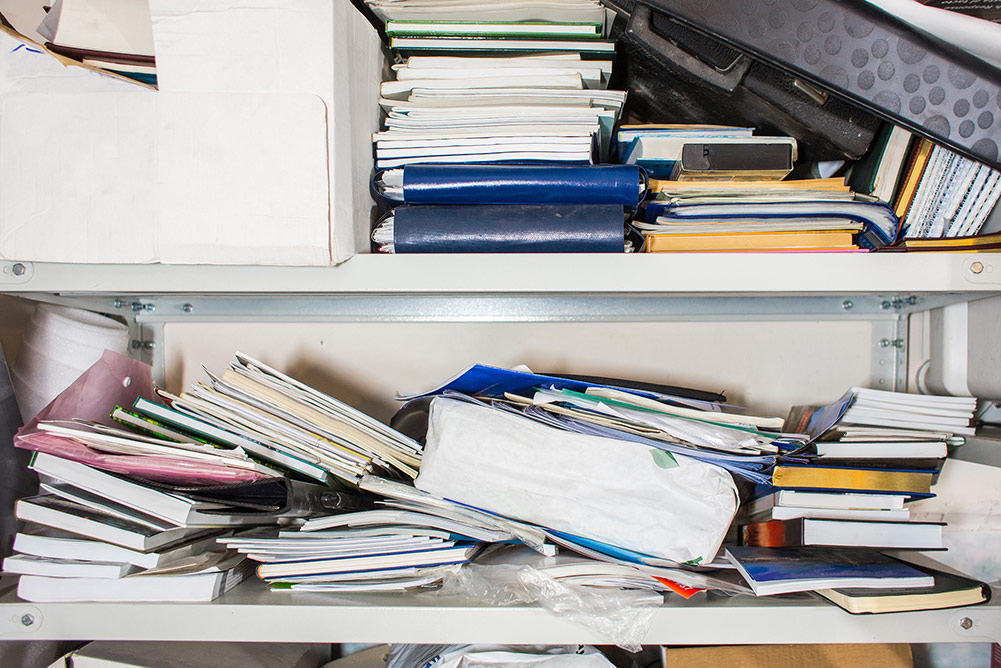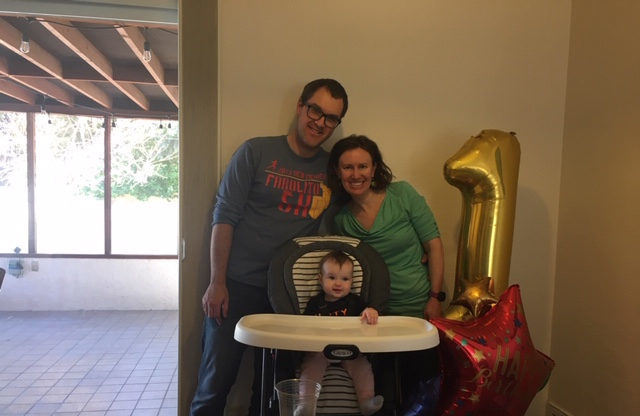Why do we consume? And what to do about it (nothing if you don’t want to).
First, why do we have so much stuff?
Next time you go to order an item online, ask: Do you need to buy an object to “complete” your room? Do you need that gadget? Do you need that family-size waffle maker?
How do you go about answering these questions?
Many of us don’t ask them. We consume. We are American, after all. The post-consumption letdown – be it buyer’s regret, second guessing or the chuck it in the garage to use later syndrome – does not factor much into our discussions of living.
Being home more than normal and taking fewer shopping trips provides an opportunity to reflect on what we need vs. what we simply consume.
I am not saying don’t buy stuff.
What I am suggesting is consciously thinking about each purchase.
Academics are discovering the connection between happiness and stuff is tenuous. Here are three examples:
- GDP and happiness correlate to a point, but the relationship becomes increasingly insignificant as GDP rises.
- Experiences provide lasting happiness. Material items provide fleeting happiness.
- Lasting and deep relationships provide a wellspring of happiness.
Economists and psychologists, and especially those who cross these lines (known as behavioral economists), are the ones doing a lot of this research. They are not alone.
The old saying that money does not buy happiness might be more accurately stated as money buys fleeting happiness.
Are we really surprised?
Philosophers, ancient and modern, discuss this point. Artists, from painters to song writers, say much the same. So do authors of a variety of genes, cultural critics and all kinds of other analyzers of society – academic or not.
My intention is not to be anti-consumption. It is to ruminate on happiness.
As Aristotle noted many, many moons ago, the purpose of a good life is to be happy. A deeper reflection on what that means might result in consuming a little less but having much more.



